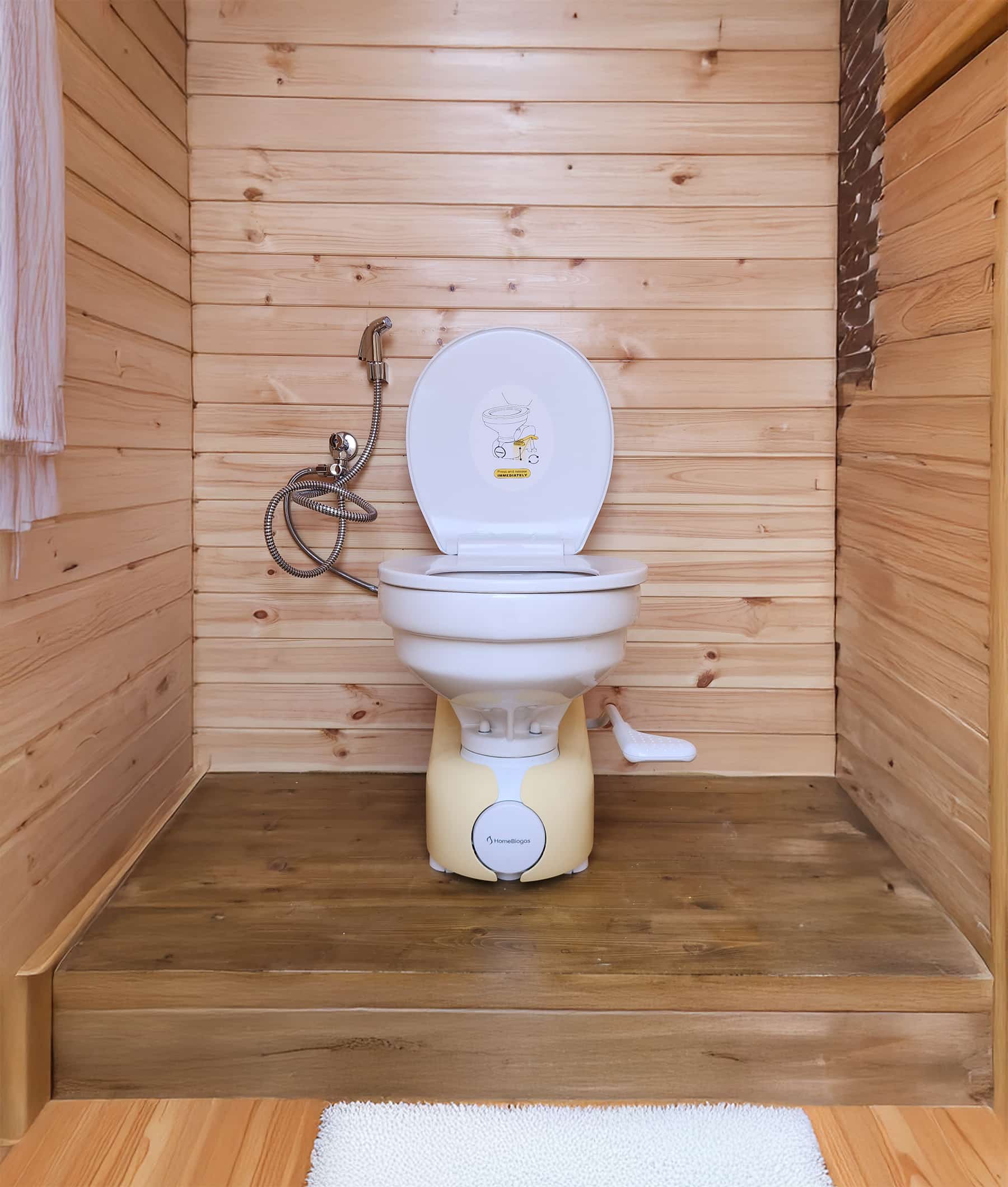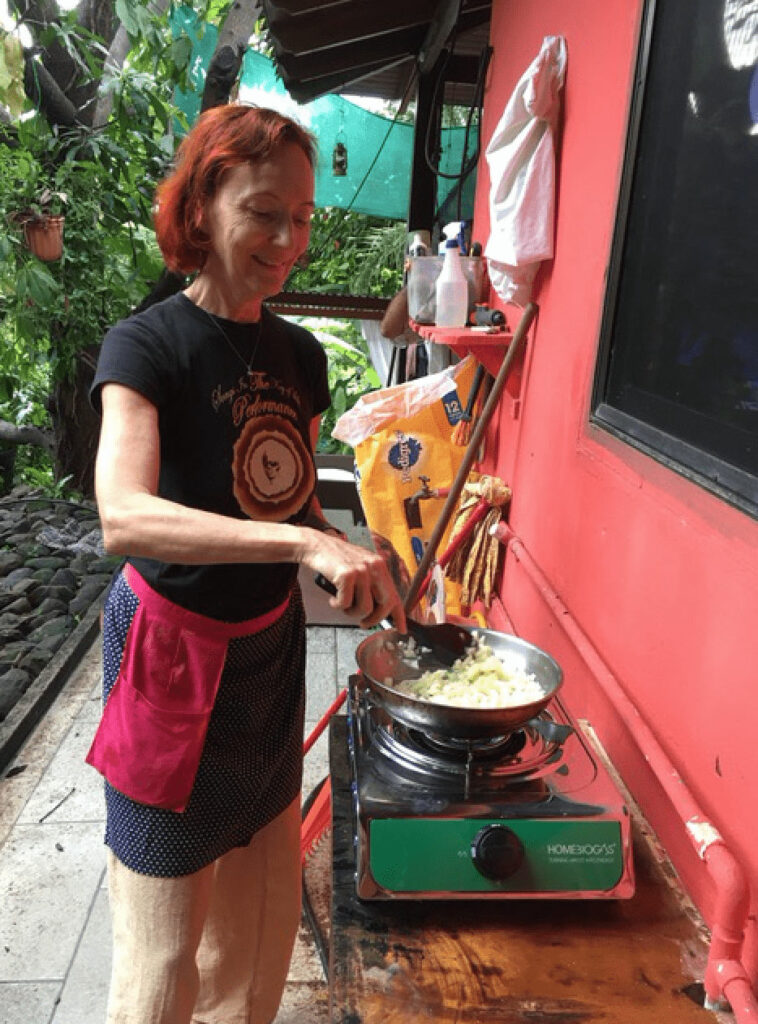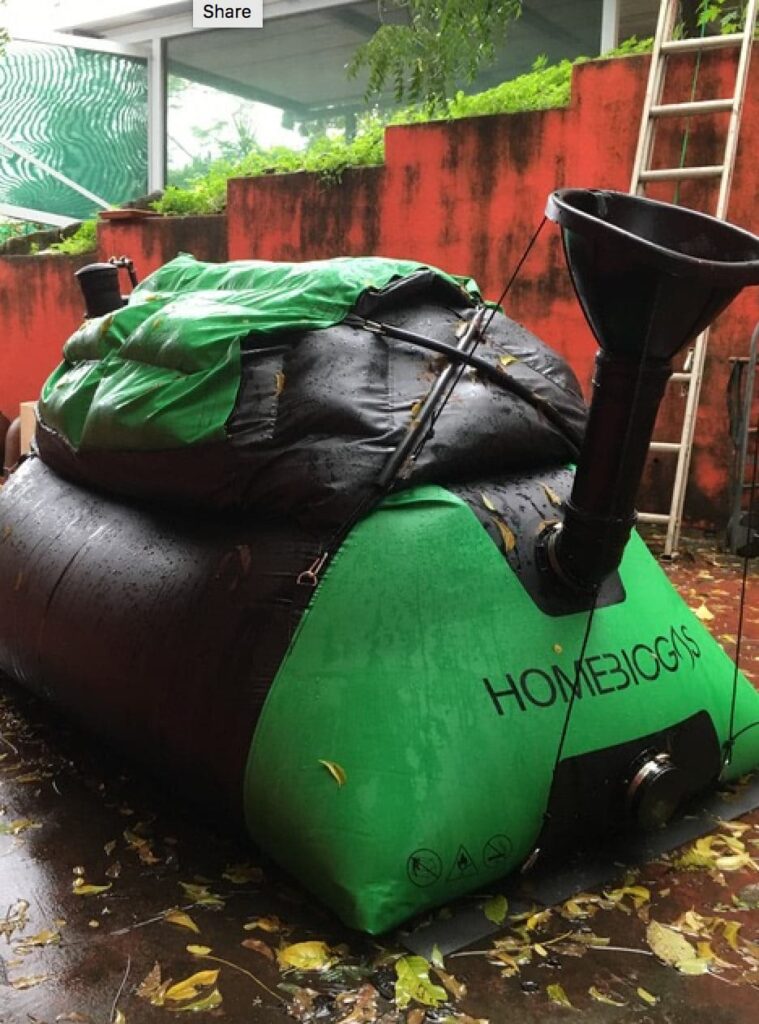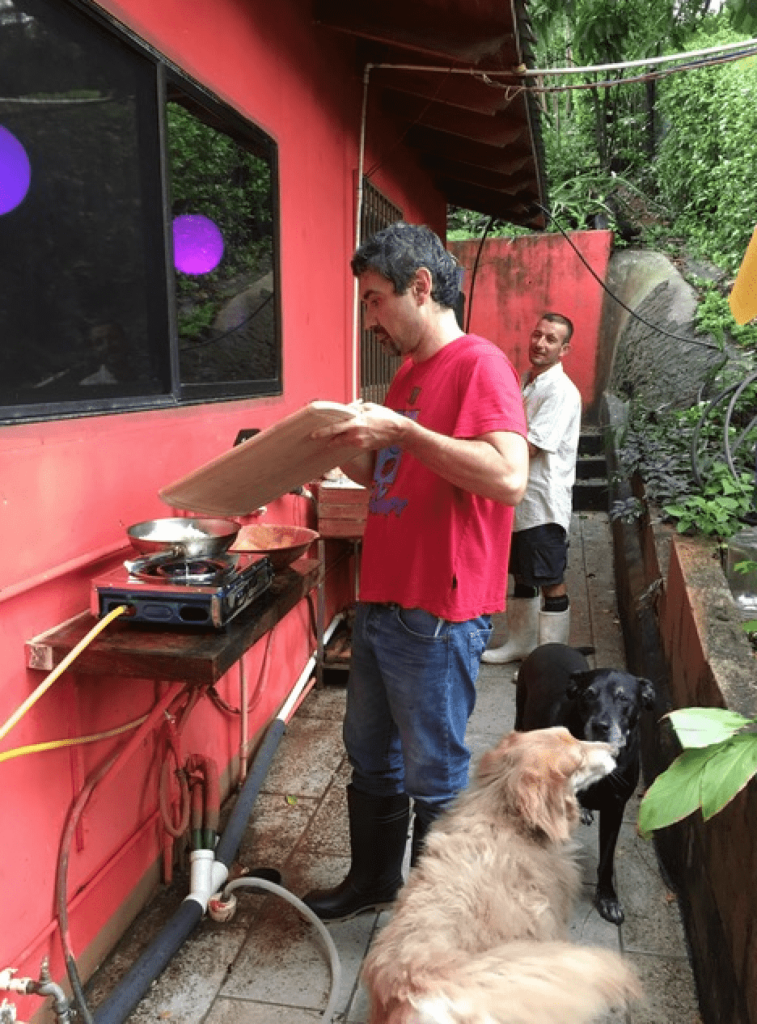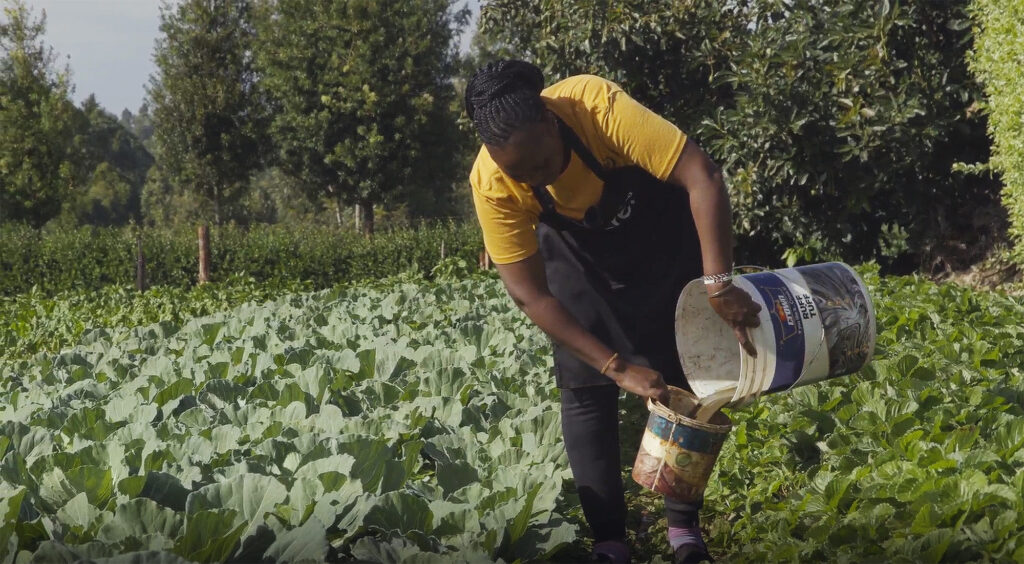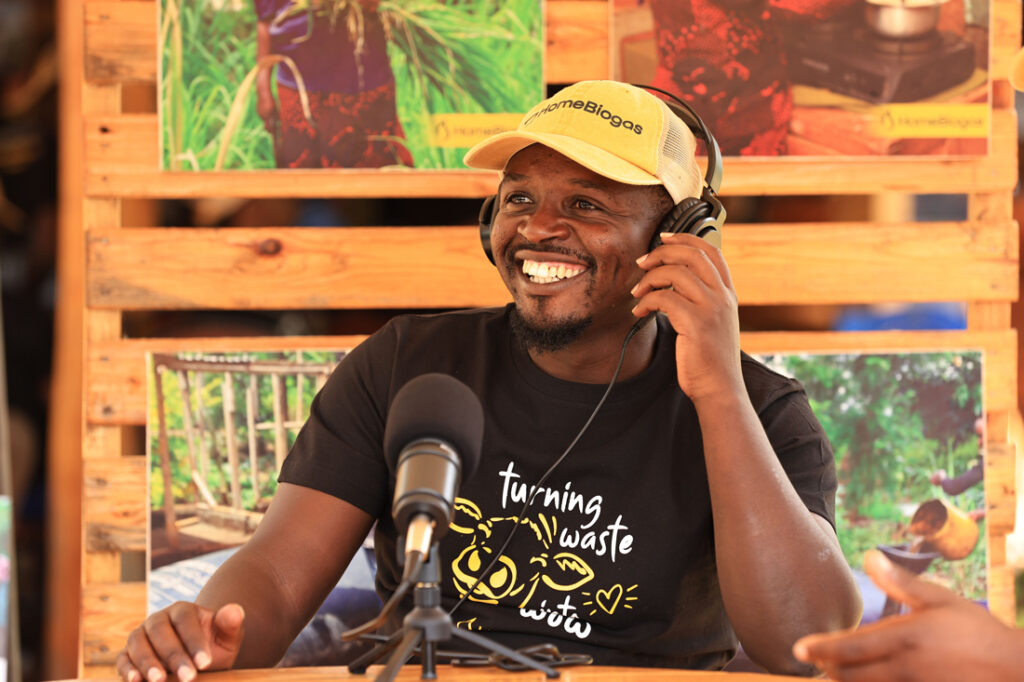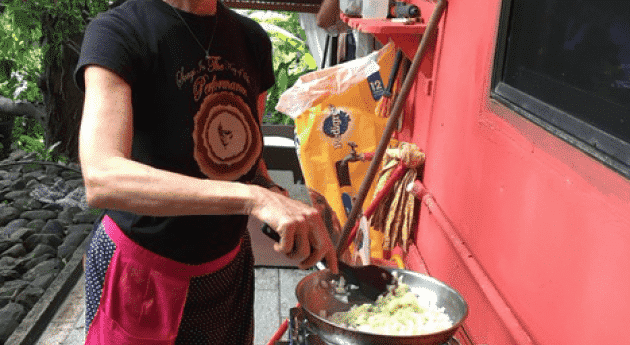
Caring for the Environment in Costa Rica
HomeBiogas can be a vital life-changing product for the 3 billion people around the world who still cook on wood and charcoal. For those who don’t cook over open fires and use LPG/propane or an electric stove for cooking, HomeBiogas does not impact their health so much as much as it serves as an important tool in combating global warming and helping the environment. This is the case for HomeBiogas users Denise and Pietro, from Brasil and Italy respectively, who moved to Costa Rica in 2005 to live in a more natural place where they could be more in tune with the environment around them.
Denise and Pietro were already planning to reduce their impact on the environment when they saw the HomeBiogas 2.0 Kickstarter campaign. After reviewing the company’s website and seeing the success of the HomeBiogas 1.0 model, they decided to give the new model a try. They said that they loved the idea of recycling food scraps from their kitchen and also needed a large amount of fertilizer from their abundant vegetable garden. They saw that HomeBiogas could help them on both fronts, providing free cooking gas and dozens of liters of organic liquid fertilizer every week.
Their system arrived in August 2018, and they happily installed it in their backyard, along with the complementary biogas stove. They decided to install the stove outdoors so that they could cook “particularly smelly dishes,” such as deep frying whole fish. Such dishes taste good but can be overwhelming when cooked inside the house. Since the weather in Costa Rica is temperate and pleasant all year, the couple welcomed their new outdoor kitchen.
When asked how it feels to be cooking on renewable biogas that he generated himself, Pietro replied, “It feels great, very autarchic.” He thinks that especially in his rural area of Costa Rica, near the Nicaraguan border, many families could be self-sufficient with HomeBiogas, given that most of them have pigs and chickens. HomeBiogas doesn’t only work on food scraps—it can also take animal manure or human waste. Still, as far as Pietro can tell, he is the only one in the area that has adopted this kind of technology. For this, he should be congratulated on being a biogas pioneer!
Denise and Pietro are very happy with HomeBiogas as a waste management system, source of free energy and fertilizer, and, of course, a tool to help the environment. They will continue to live an eco-conscious and sustainable lifestyle with the HomeBiogas 2.0 system, and in the future, they hope to find a way to recycle other household waste, such as plastic.

